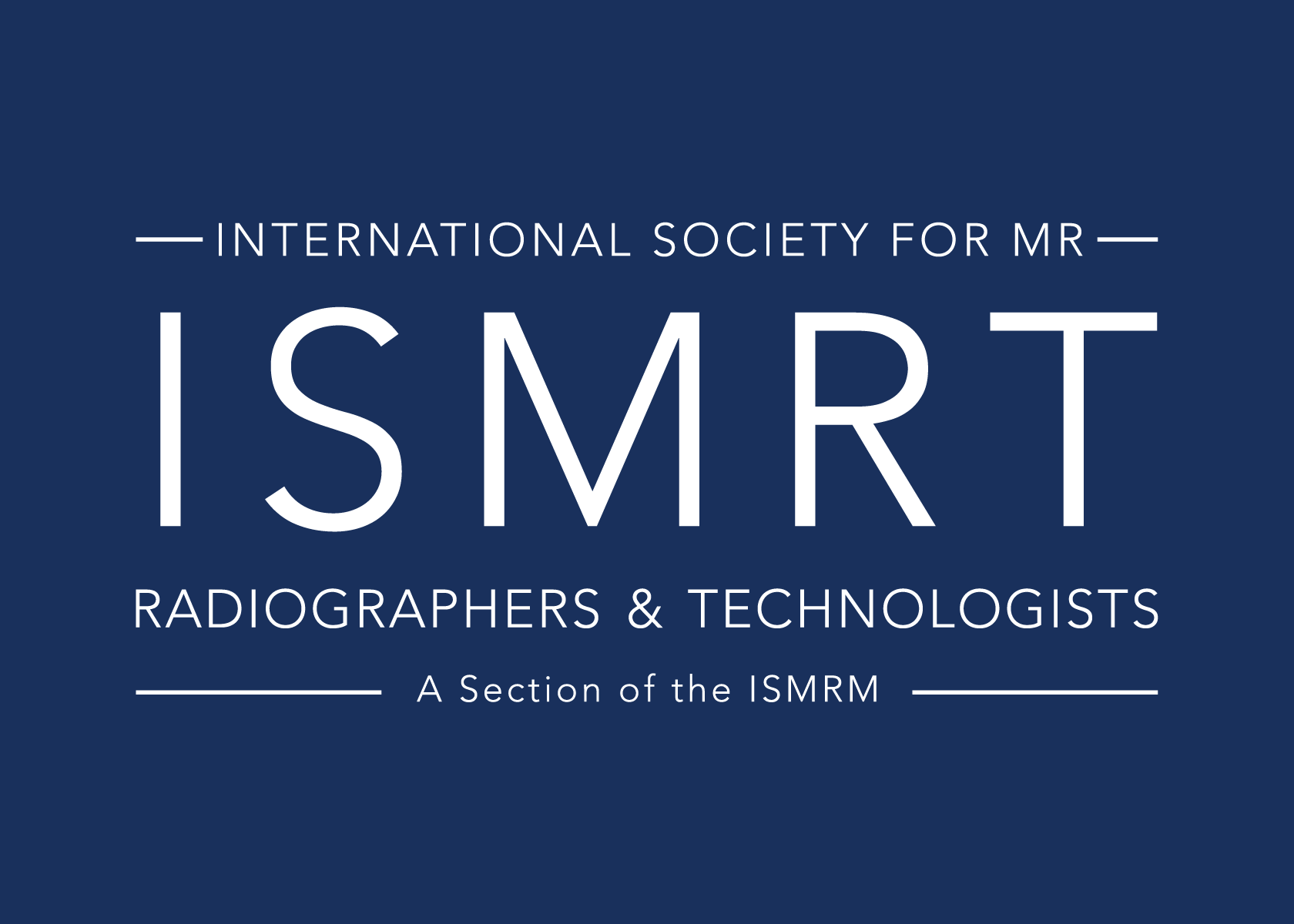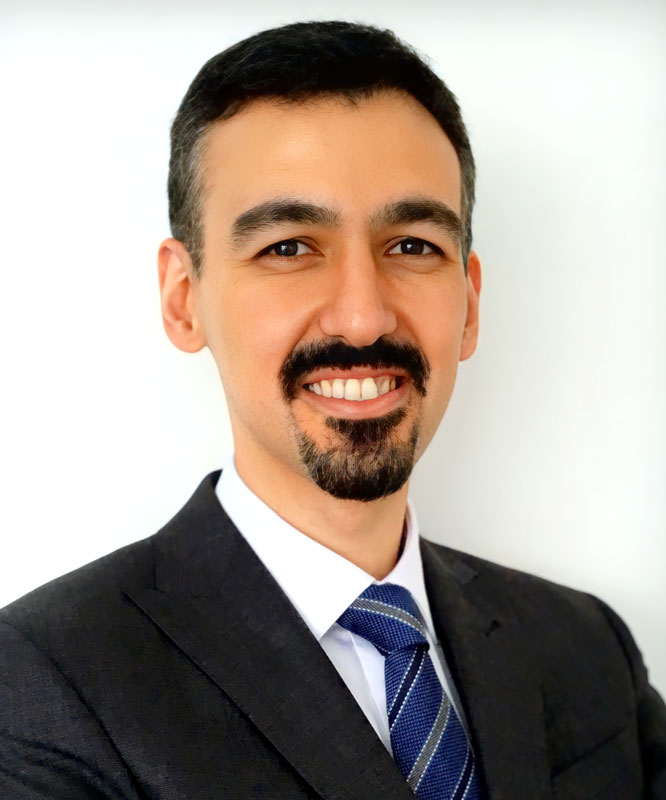
Tolga Cukur, Ph.D.
Bilkent University
Ankara, Turkey
For outstanding contributions to computational MRI techniques, including machine learning algorithms for robust image reconstruction, translation, and analysis, as well as steady-state sequences and their clinical and neuroscientific applications.
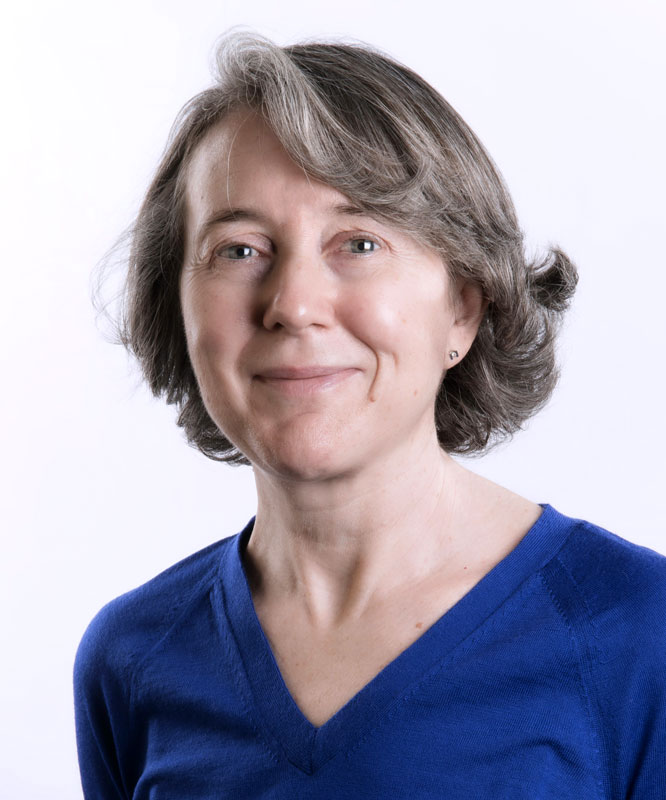
María Asunción Fernández Seara, Ph.D.
University of Navarra
Pamplona, Spain
For outstanding contributions in the MRI methods for quantifying perfusion using arterial spin labeling (ASL) particularly in body organs and for contributions to the education and training of the ISMRM.

Els Fieremans, Ph.D.
New York University Grossman School of Medicine
New York, NY, USA
For seminal contributions to the understanding of tissue microstructure using diffusion MRI and for the development of key enabling tools for microstructural imaging.
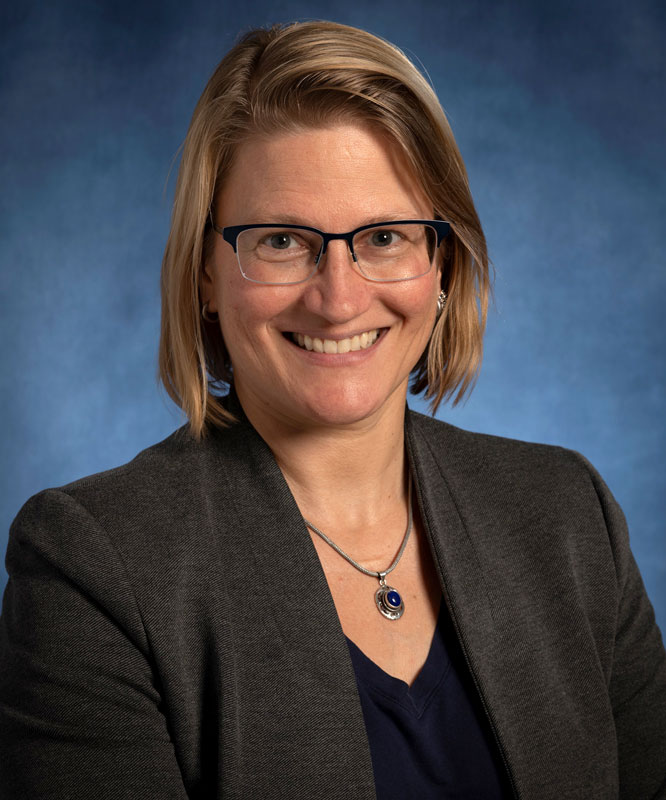
Kristine Glunde, Ph.D.
Johns Hopkins University School of Medicine
Baltimore, MD, USA
For her service to the ISMRM, her leadership, and her many significant research achievements in MR metabolomics, in vivo MRS, and molecular MRI of cancer
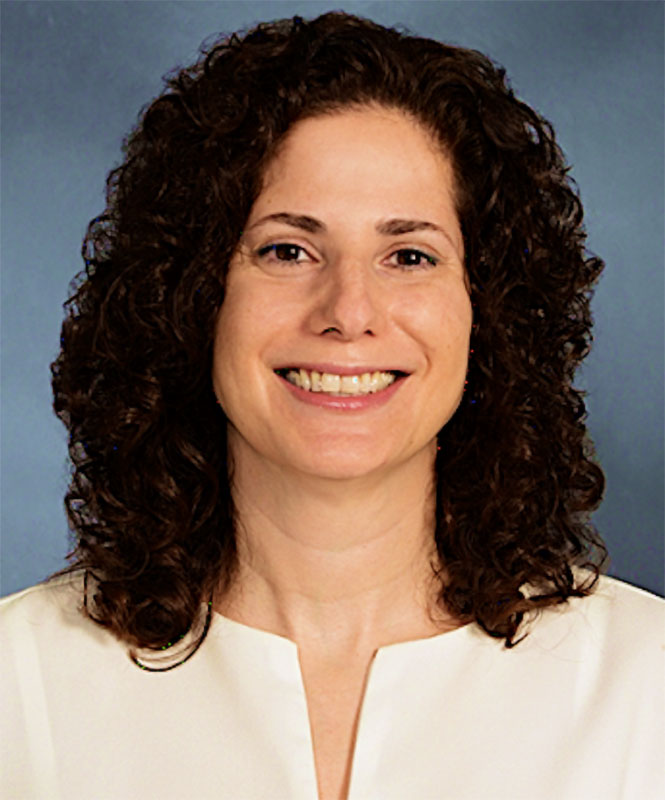
Elizabeth Hecht, M.D.
Weill Cornell Medicine, Joan & Sanford I. Weill Medical College of Cornell University
New York, NY, USA
For her significant contributions to body MRI through scientific discovery and knowledge translation, and her spirited advocacy for and mentorship of young clinicians and investigators, increasingly with global outreach.
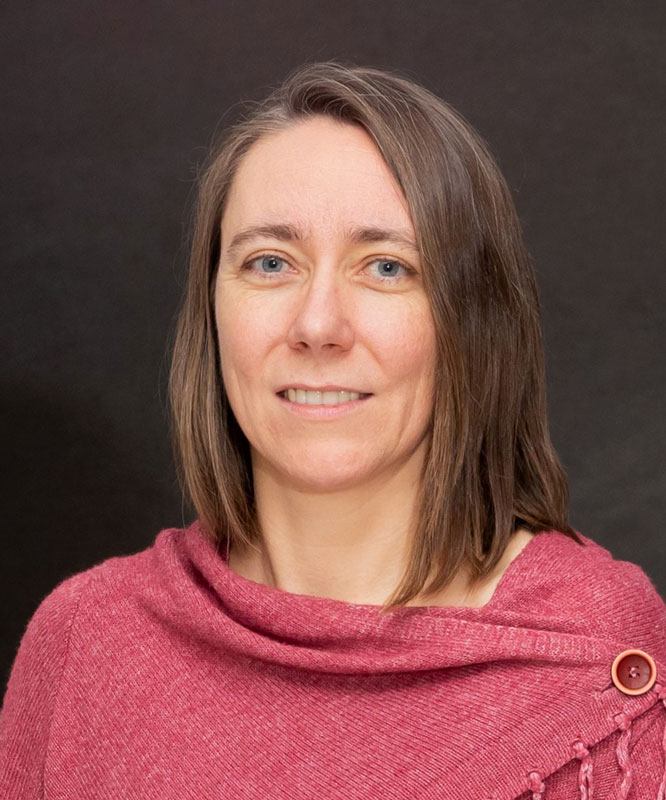
Anke Henning, Ph.D.
University of Texas Southwestern Medical Centre
Dallas, TX, USA
For her excellent scientific contributions and training of the next generation of scientists in high and ultra-high field proton and multinuclear magnetic resonance spectroscopy.
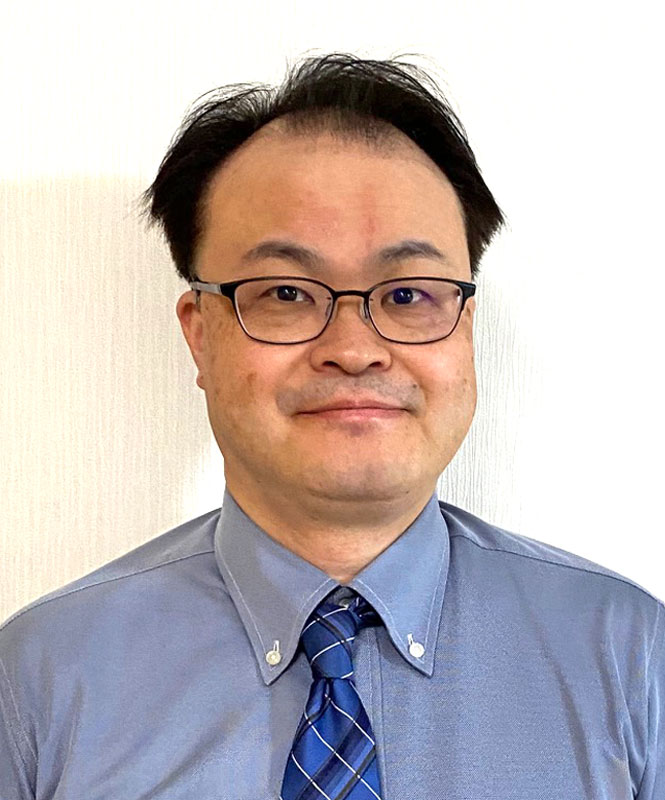
Masaaki Hori, M.D., Ph.D.
Toho University Omori Medical Center
Tokyo, Japan
For significant contributions to the clinical application and validation of advanced diffusion MRI techniques for brain and spinal cord disorders.
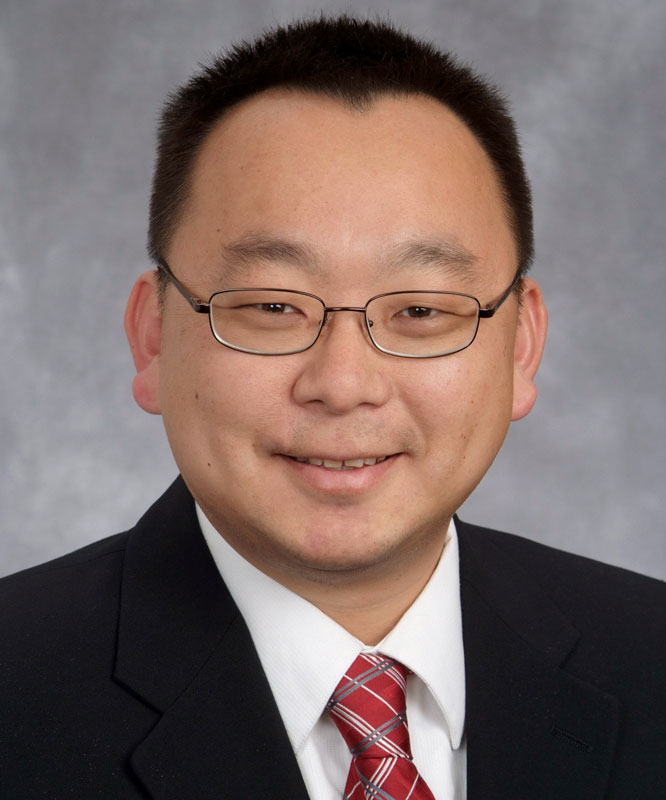
Houchun Hu, Ph.D.
University of Colorado School of Medicine Anschutz Medical Campus
Dublin, OH, USA
For outstanding work in body MRI, including brown adipose tissue and fat characterization, and pediatric MRI.
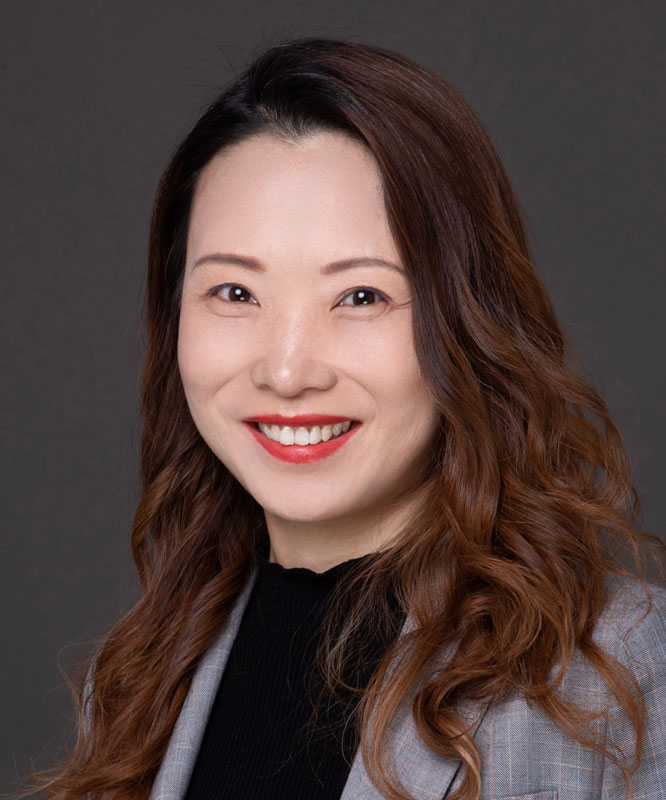
Xiao-Qi (Juliana) Huang, M.D., Ph.D.
West China Hospital of Sichuan University
Chengdu, Sichuan, China
For outstanding and pioneering work in applying innovative MR techniques for mechanistic understanding and clinical management of mental disorders and behavioral problems.
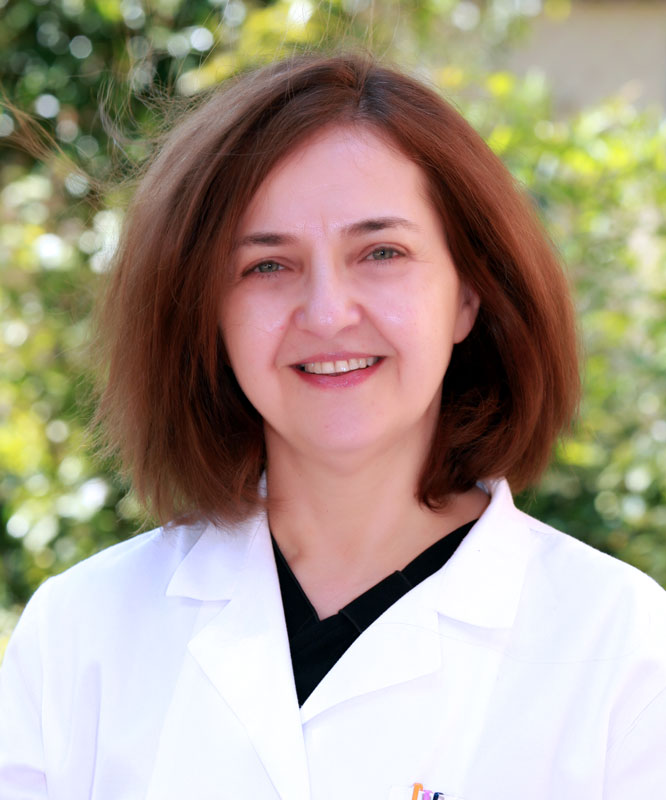
Hero Hussain, M.D., FRCR, FACR
University of Michigan
Ann Arbor, MI, USA
For her contributions to the field of abdominal MRI, particularly in liver imaging, shaping the approach to the diagnosis and management of hepatocellular carcinoma in the US and beyond.

Florian Knoll, Ph.D.
Friedrich-Alexander-Universität
Erlangen, Bavaria, Germany
For significant contributions to the field of magnetic resonance image reconstruction, including pivotal work on machine-learning-based image reconstruction.
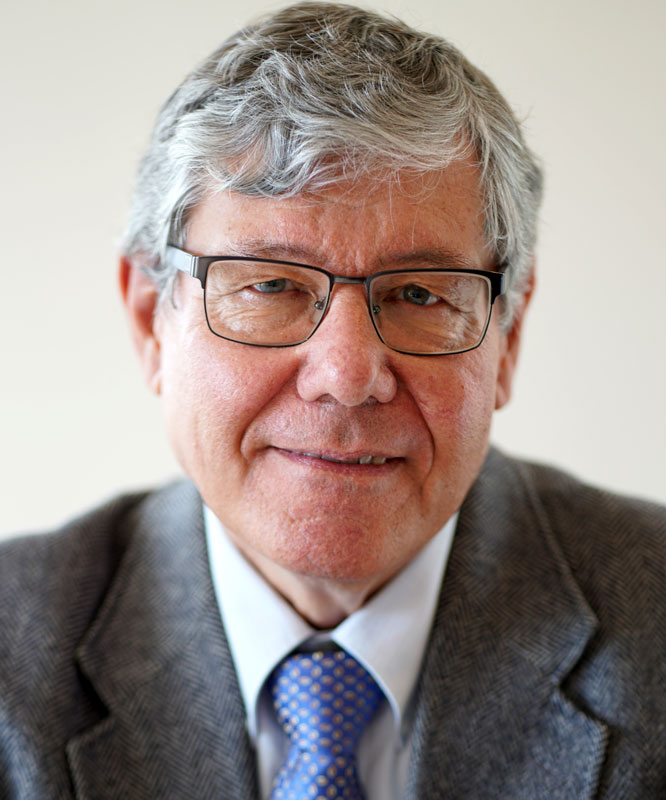
Stephan Maier, M.D., Ph.D.
Brigham and Women’s Hospital, Harvard Medical School
Boston, MA, USA
For outstanding and pioneering work in the development of motion robust diffusion imaging methods and of quantitative flow measurement methods.
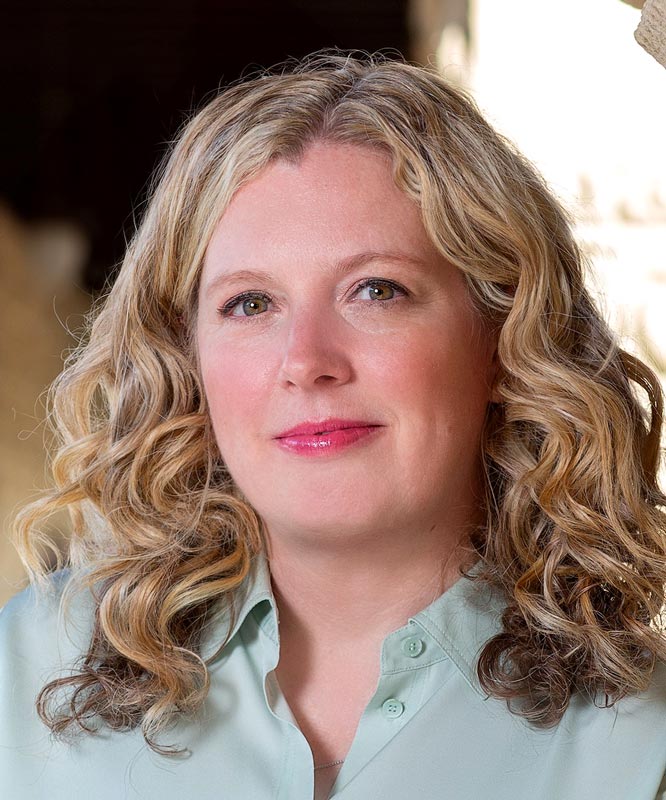
Jennifer McNab, Ph.D.
Stanford University
Stanford, CA, USA
For groundbreaking contributions in diffusion MRI, including the development of high-gradient techniques for in vivo microstructural imaging of the human brain to advance non-invasive cellular-level characterization of brain disorders and for outstanding contributions to novel high-field and diffusion MR techniques in the brain.
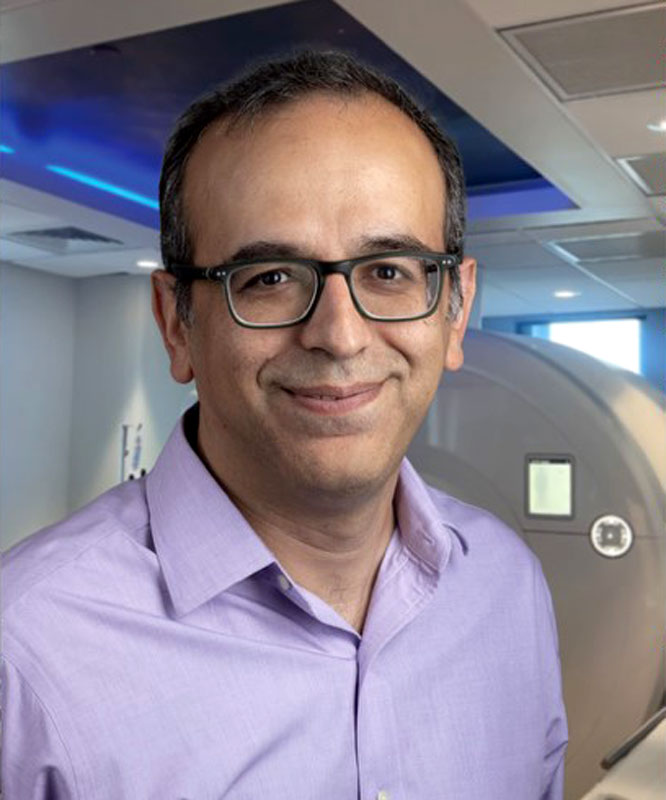
Reza Nezafat, Ph.D.
Beth Israel Deaconess Medical Center
Boston, MA, USA
For outstanding and pioneering work in cardiovascular magnetic resonance and service to the Society.
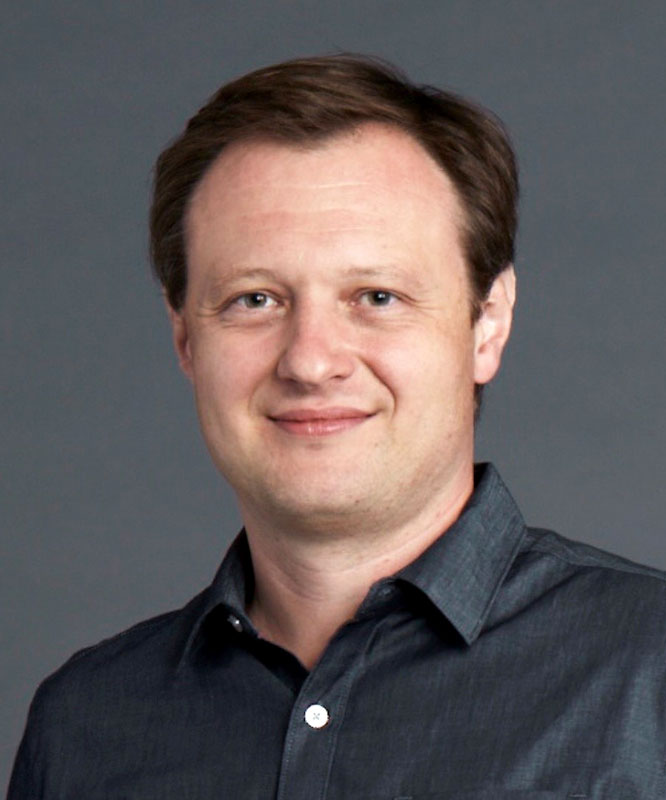
Dmitry Novikov, Ph.D.
New York University Grossman School of Medicine
New York, NY, USA
For seminal contributions to the understanding of tissue microstructure using diffusion MRI and for the development of key enabling tools for microstructural imaging.
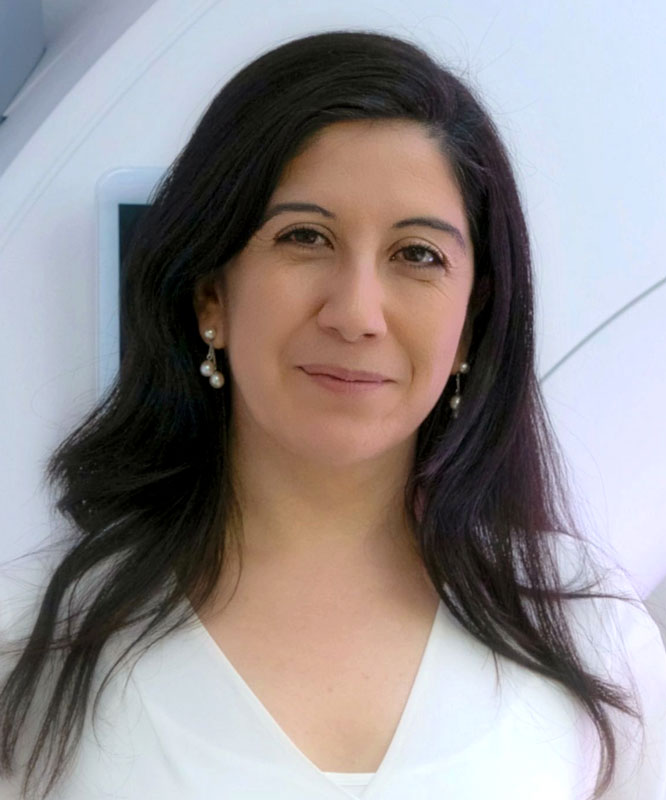
Claudia Prieto, Ph.D.
King’s College London
London, England, UK
For outstanding contributions to the development and advancement of cardiovascular imaging methods.
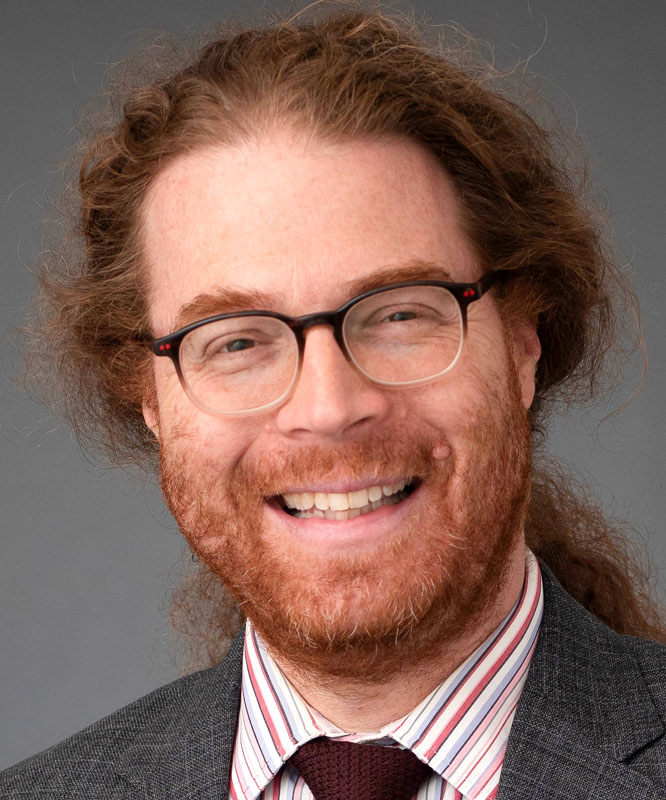
Matthew Rosen, Ph.D.
Harvard Medical School
Charlestown, MA, USA
For outstanding efforts in low-field MRI and development of novel AI-based reconstruction methods leading to the commercialization of novel MRI technologies.
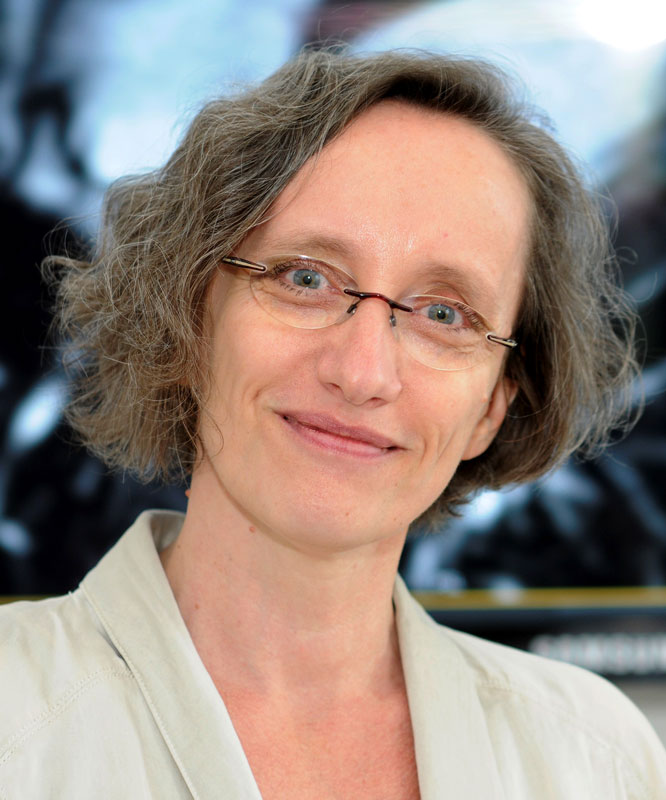
Jeanette Schulz-Menger, M.D.
Charité University Medicine – Campus Buch
Berlin, Germany
For her outstanding work in translating fundamental developments in cardiac MRI into the clinic and for her extraordinary engagement by bridging between clinicians and scientists.
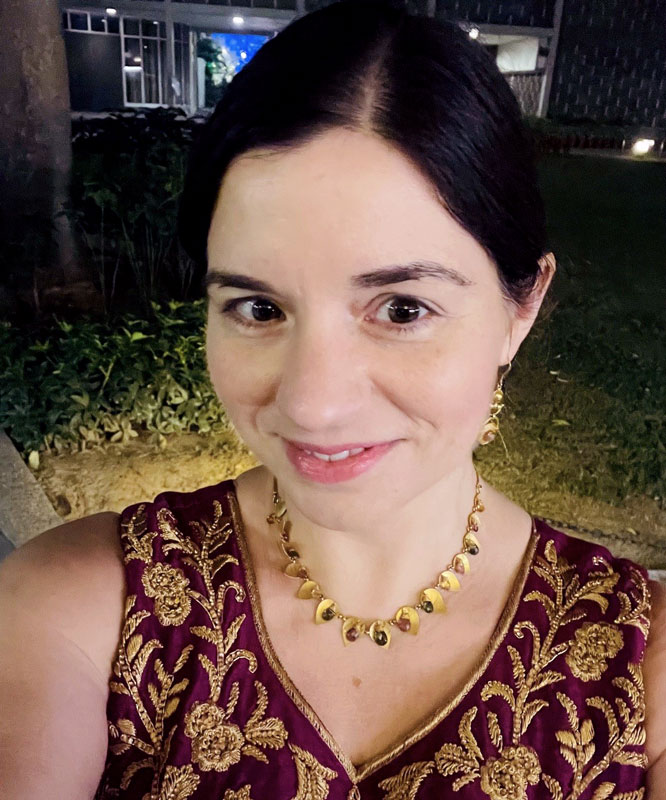
Nicole Seiberlich, Ph.D.
University of Michigan
Ann Arbor, MI, USA
For outstanding contributions in rapid MRI, quantitative MRI, and clinical translation of advanced MRI techniques.
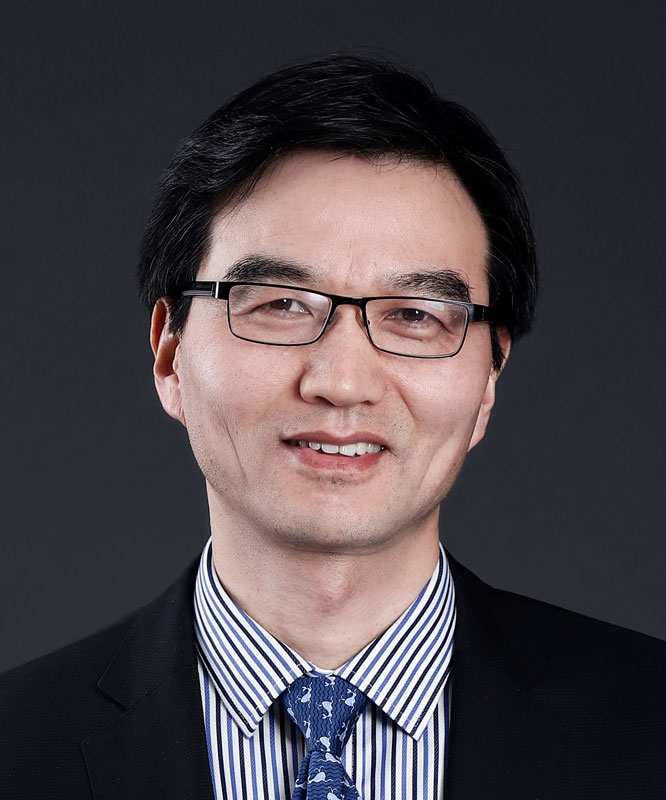
Dinggang Shen, Ph.D.
ShanghaiTech University, United Imaging Intelligence
Shanghai, China
For his outstanding research contribution in AI-based medical image analysis, computer vision, and pattern recognition.
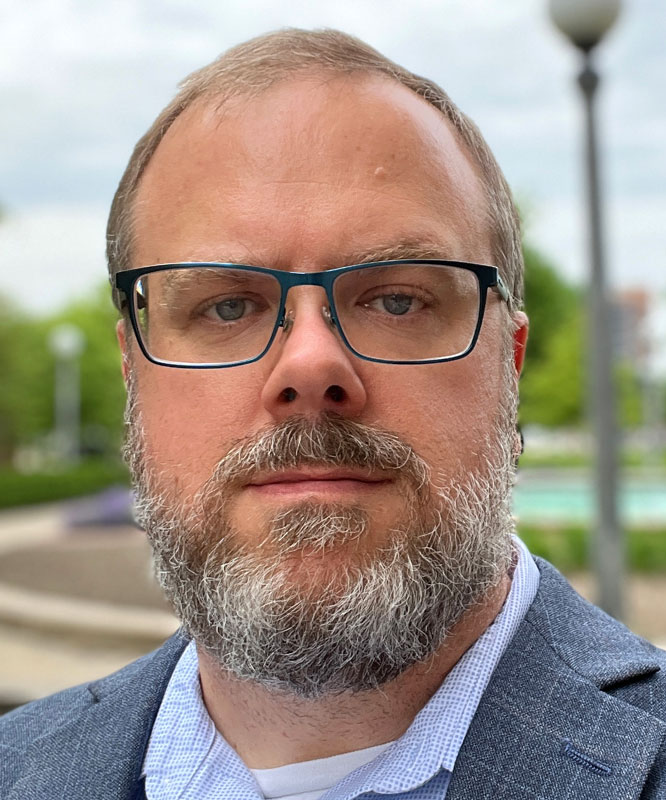
Bradley Sutton, Ph.D.
University of Illinois Urbana-Champaign
Urbana, IL, USA
For outstanding contributions to model-based image reconstruction with significant impacts on neuroimaging and high-speed speech imaging.
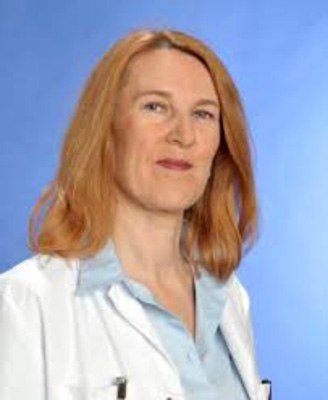
Harriet Thöny, M.D.
University Hospital Fribourg
Fribourg, Switzerland
For contributions to functional imaging outside the brain, for translating advance imaging techniques to clinical practice, for educating physicians on advanced clinical imaging, and for leadership in the radiology community.
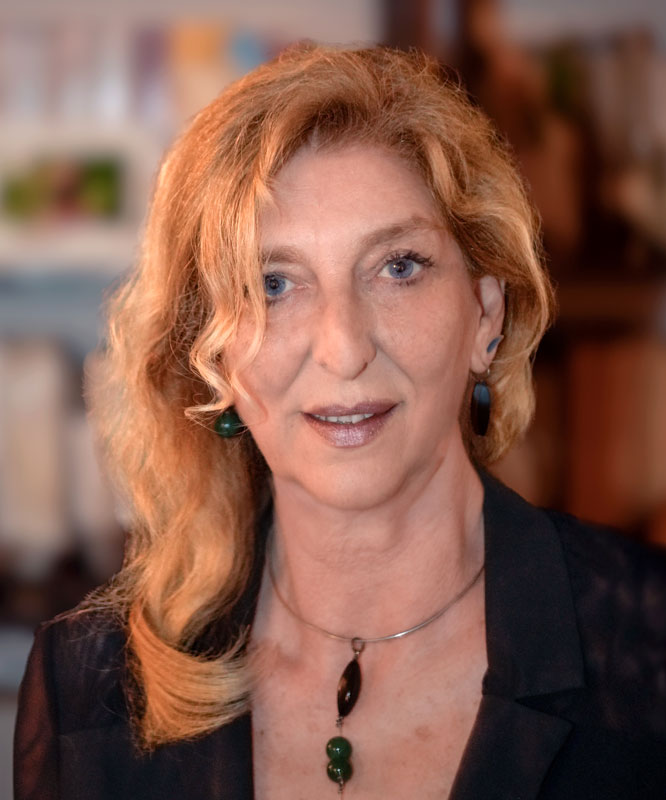
Michela Tosetti, Ph.D.
IRCCS Stella Maris Scientific Institute, Imago7 Research Center
Pisa, Italy
For outstanding contributions in development of high field MRI and demonstration of its clinical potential.
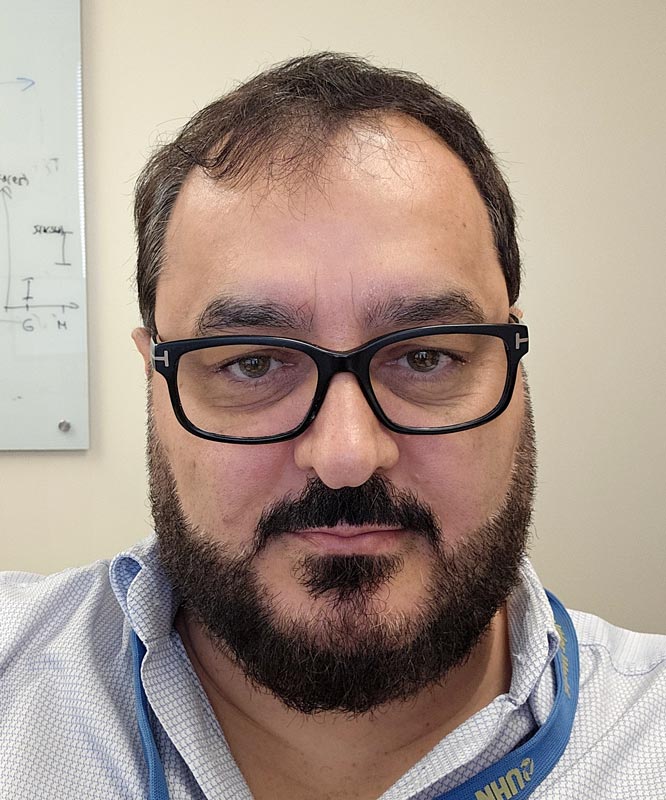
Kamil Uludag, Ph.D.
University of Toronto, University Health Network
Toronto, ON, Canada
For outstanding and pioneering work on investigating the physiological and physical basis of functional MRI towards studying mesoscopic scale brain circuits and probing effective connectivity in the human brain.

Jim Wild, Ph.D.
University of Sheffield
Sheffield, England, UK
For outstanding achievements in MRI of the lung by introducing novel hyperpolarized gas MRI methods into clinical practice.


